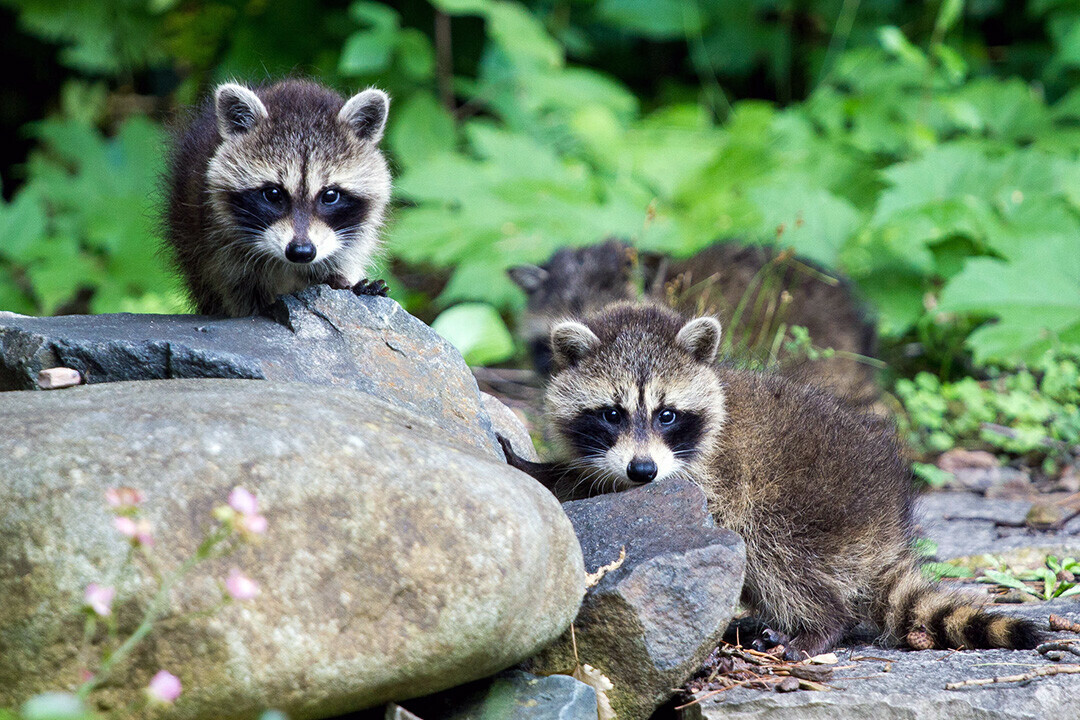KEEP WILDLIFE WILD: What to Do If You Encounter Baby Wildlife
you may be getting out and about this spring, but so are baby animals

“During the springtime, we receive many inquiries from concerned residents about baby wild animals. Never try to care for a wild animal yourself. If you find a wild animal that appears sick or injured, leave it alone. Do not provide food or water, as improper care and handling may put the health of both animals and people at risk,” said Jenna Fastner, DNR Captive Wildlife Health Specialist. “Additionally, people should remember that it is against the law in Wisconsin to possess a wild animal without the proper license.”
If you see a young animal alone, don’t panic. In a media release, the DNR notes that “With most species, it is perfectly natural for mothers to leave their young alone for long periods of time. While alone, young animals will often lie quietly and still to avoid attracting predators. Drawing attention to a baby animal’s location can tip off predators or keep its mother away longer than she would like. You can help by keeping people and pets away from the area. If you have interested children, they can learn to keep wildlife wild by observing from a safe distance.”
Here are some other tips from the DNR:
LET THEM WANDER. “Young wild animals will often wander on their own as they grow. If you find a seemingly healthy young animal wandering away from its nest/den or mother, watch from a distance to see if it returns to the den or if its mother retrieves it. It is important to note that this process could take several hours. Always contact the DNR or a licensed wildlife rehabilitator for advice before intervening.”
MAKE SURE THEY’RE REALLY ORPHANED. “Visit the DNR’s Keep Wildlife Wild webpage (dnr.wisconsin.gov/topic/WildlifeHabitat/orphan) for species-specific tips on how to decide if a young wild animal is truly orphaned or in need of help."
GET GUIDANCE. “If you find a wild animal that appears sick or injured, leave it alone. Take pictures and make notes about what you’re observing. Then, call the DNR or a licensed wildlife rehabilitator for guidance. Visit the DNR website (dnr.wisconsin.gov/topic/WildlifeHabitat/directory) for a directory of rehabilitators in your area.”

